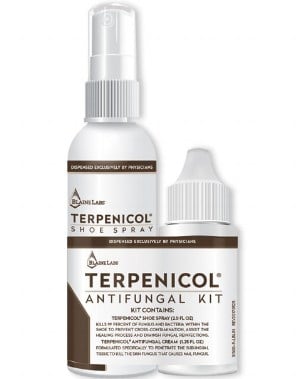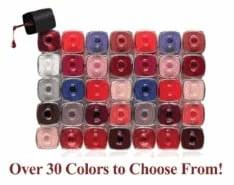
Antifungal Medications

As with any medical appointment, it’s good to prepare in advance for questions on Antifungal Medications to get the most out of the visit. It helps to write things down.
What Are Anti-Fungal Medication?
Antifungal medications are prescribed to patients with fungal infections. The majority of fungal infections affect the skin and nails, but some can worsen and even be fatal conditions like meningitis or pneumonia.
- Antifungal nail cream. These prescription creams are typically rubbed into the nails and surrounding skin after soaking the feet, or most likely after a shower. As with the prescription polishes, they’re more effective when applied to thin nails. This is natural, since the medication must penetrate the nail to get to the infected nail bed underneath.
- Antifungal Medications come in both oral and topical forms, meaning brush on liquid, creams, ointments, or medicated nail polish. The oral meds tend to work (somewhat) well, resolving about ⅔ of all cases. Their main drawback is side effects, up to and including severe liver damage: these meds have a horrible reputation of being tough on the liver.
- Surgery in severe cases If this doesn’t work, total permanent removal of the nail may be necessary. This is sometimes also done if the infection is particularly painful and has started to recurrently affect the skin around the nail.
What you can do to prepare for your appointment
- What are your symptoms? Include any that might not seem to be related, such as other skin conditions.
- List your health history, including any pre-existing health conditions.
- Bring a full medications list, including all supplements that you’re currently taking.
- Always bring a list of questions, to this and all other medical appointments.
In toenail fungus (onychomycosis) cases, you might ask:
- How did this start? What’s causing my symptoms?
- Do I need tests or lab work?
- What steps can we take in treating this?
- Are there alternatives to what you’re suggesting? What are other treatments that might work?
- Are this condition and others I may have related? How can I manage them together?
- If you’re prescribed medications, are there generic options available?
- What should I do at home? Do you have any further recommendations for research, such as websites I can look at?
At Beaver Valley Foot Clinic we are happy to take the time to explain everything and answer all your questions!
